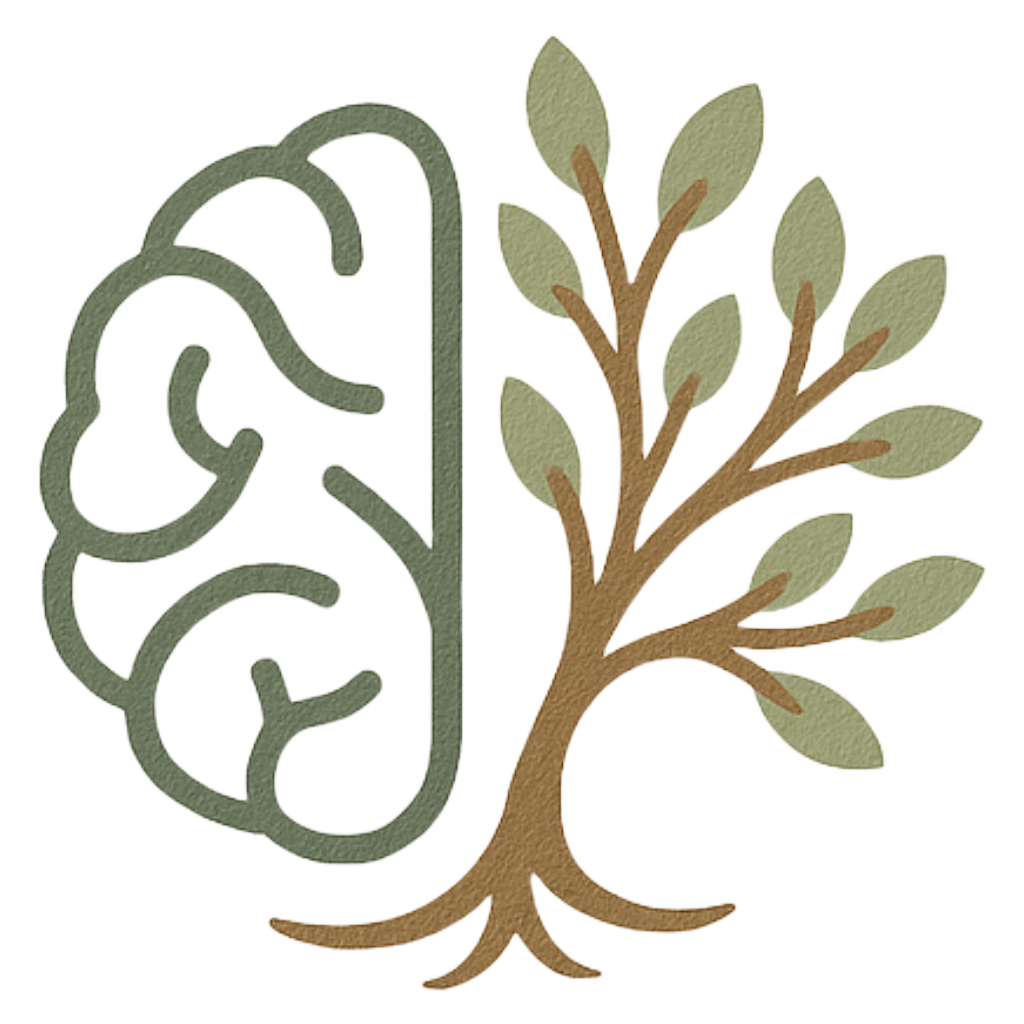
Ketamine-Assisted Psychotherapy
Why We Use Ketamine
Ketamine offers a unique opportunity for healing—especially for those who feel stuck, resistant to traditional treatments, or ready to explore change from a new perspective. While originally developed as an anesthetic, ketamine has shown rapid-acting antidepressant effects and the ability to increase neuroplasticity—your brain’s capacity to form new, healthier connections.
At Resilient Mind Clinic, we use ketamine intentionally and collaboratively as part of Ketamine-Assisted Psychotherapy (KAP). In this setting, ketamine can quiet rigid thought loops, soften defensive responses, and create space for insight, emotional processing, and reconnection with your inner truth.
Ketamine may support:
Reduced depressive and anxious symptoms, even when other medications haven’t worked
Greater access to emotional material that may be difficult to reach through talk therapy alone
An increase in neuroplasticity, especially when paired with preparation and integration
A shift in perspective that supports meaning-making, emotional healing, and lasting change
Our approach to KAP is trauma-informed, neuroscience-aligned, and personalized. Whether sessions are self-directed or supported by a therapist or sitter, the process is designed to be safe, supportive, and aligned with your goals.
Ketamine is not for everyone—but for many, it can be a powerful tool. One part of a larger path toward healing, grounded in resilience, collaboration, and care.
Ketamine-assisted psychotherapy process
STEP 1:
Comprehensive psychiatric assessment to determine if KAP is a safe, appropriate fit.
STEP 2:
Collaborative prep with your therapist, coach, or guide. We explore intention, mindset, and setting.
STEP 3:
Guided or self-directed ketamine session tailored to your experience, goals, and support needs.
STEP 4:
Thoughtful reflection with your therapist or guide to help anchor insights into lasting change
STEP 5:
Psychiatric follow-up to monitor progress, adjust medications, and support resilience-building over time.





